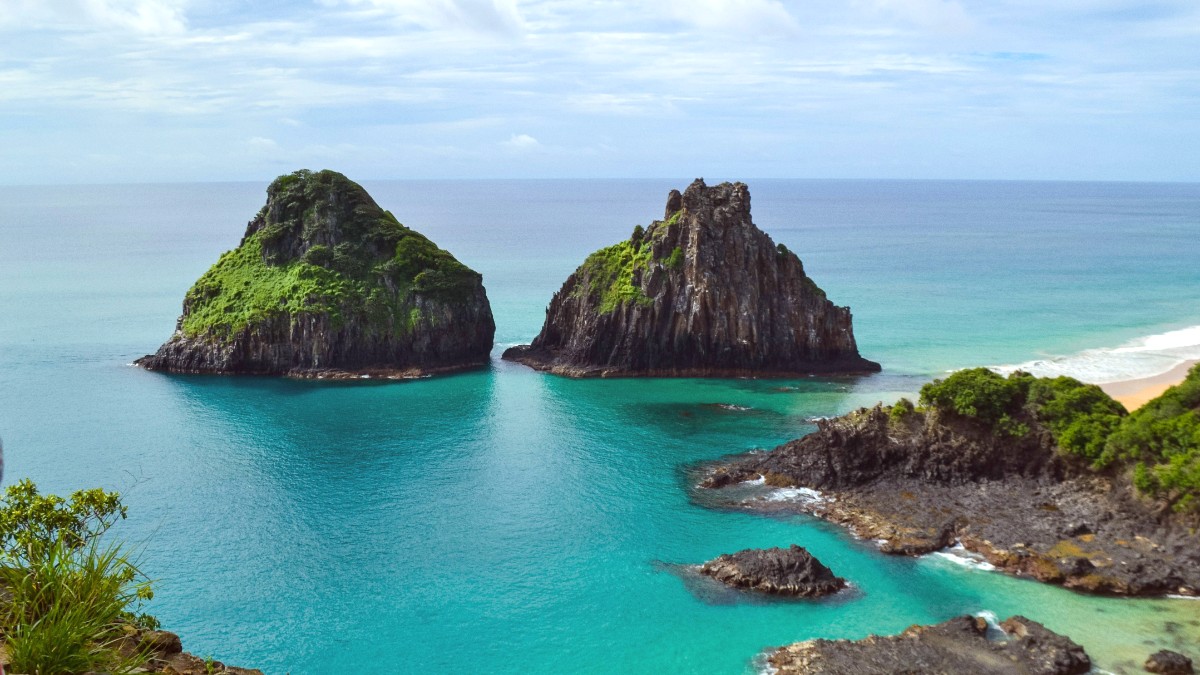
Brazil
Fernando de Noronha presents a highly protected National Marine Park (PARNAMAR). Strict environmental regulations safeguard its unique ecosystem, including diverse marine life.
Visitor numbers appear regulated, and access to certain areas is restricted to minimize human impact. Adherence to these guidelines supports island preservation.
Single-use plastics are banned. Visitors are urged to minimize waste and dispose of trash properly. Water conservation remains a high priority.
The island's protected status means environmental practices are integral to your visit.
Fernando de Noronha appears as a highly protected National Marine Park (PARNAMAR) with strict environmental regulations.
Due to its remote location, waste management here presents a complex matter.
Air travel reaches Fernando de Noronha. Consider offsetting your flight's carbon footprint.
Research and choose pousadas and tour companies that actively promote sustainable practices.
Consider tours that prioritize local benefits and environmental standards. G Adventures champions ethical travel.
Your choices can contribute to global conservation efforts. The Rainforest Site supports ecosystems.
Your conscious travel choices play a significant part in the continued preservation of Fernando de Noronha's pristine environment.
Beyond environmental considerations, respectful interaction with the local community and their cultural norms presents a aspect of responsible travel.
Support local artisans and businesses that directly benefit the island community.
Engage with locals politely and with respect.
Always ask for permission before taking close-up photos of local residents, especially children.
When visiting the Igreja de Nossa Senhora dos Remédios or any other religious site, dress modestly.
Responsible travel extends to supporting the local economy in ways that directly benefit the community and promote fairness.
Prioritize stays in Pousadas Domiciliares, often run by local families, directly injecting funds into the community.
Choose genuinely local, handmade, and ethically sourced souvenirs. Avoid anything from protected species.
Spend your money directly with local tour guides, drivers, and small shops, strengthening the island's economy.